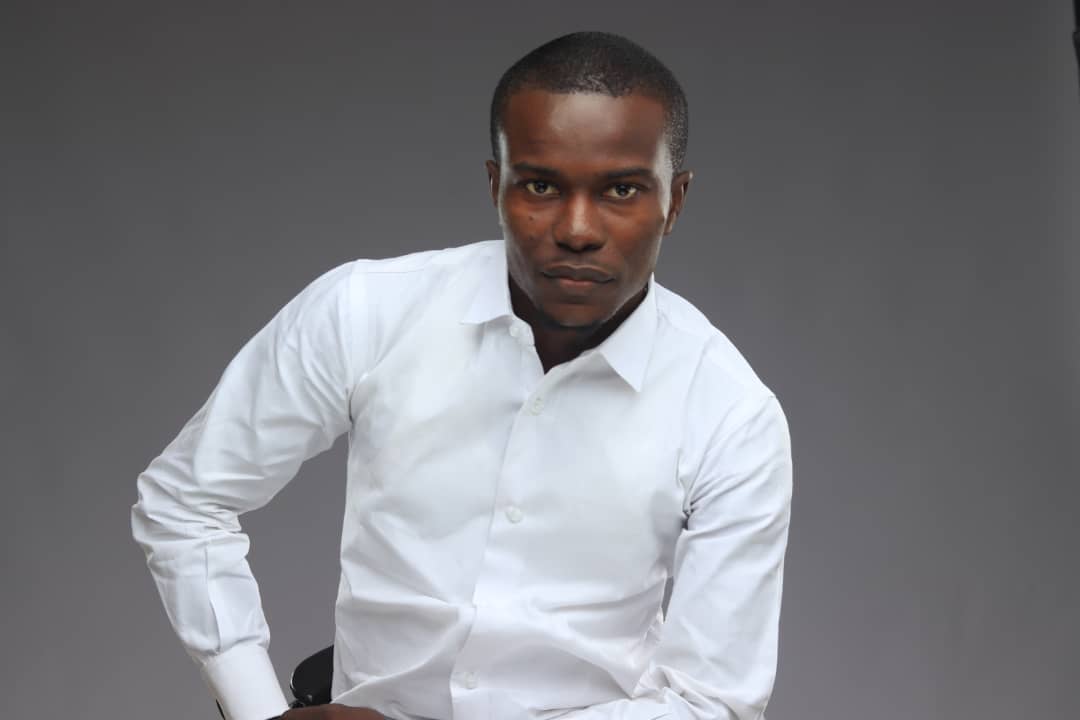
One of my favourite words from the Greek vocabulary is metanoia – it means to change your mind. This is instructive because the very nature of human beings makes us limited; it means amongst other things, we’re not omniscient. As such, like one of my friends used to say, education becomes a “progressive discovery of our own ignorance”. This ability to unlearn, learn and relearn is one of the signatures that distinguishes human beings from brute animals. Civilization as we know it is a result of constant interrogation of facts. Galileo was once persecuted and almost killed for positing that the earth and planets revolve around the sun which is at the centre of the universe – he was found guilty of heresy. Today, heliocentrism is the standard astronomical philosophy. It makes me wonder, whatever happened to those who swore Galileo was a nutjob?
Humans are the most socially-keen amongst mammals. Even when we don’t like to admit it, we want to be accepted, loved and liked by others – there is nothing wrong with that. However, this can lead to unintended consequences such as groupthink – a situation where people in a community are afraid to disagree or differ from the predominant sentiments of the collective. Instead, they conform to collegiate ideologies. In animals, it’s known as herding or herd mentality. This is what happens when we become afraid to think for ourselves; choosing to outsource intellectual interrogation to others. Sometimes, we are scared that we might find out a truth that isn’t popular, mainstream or politically correct. Nobody really wants to be that guy who is ‘alone’ or described by the rest as being on the fringe. Here is the thing: more often than not, those we refer to as odd, are the people that change the course of history.
I am forever thankful for the kind of parents I have; the older I get, the more grateful I become for their parenting style. My parents are very traditional folks but fortunately, they knew they had to raise transitional children. Unlike in most African homes where children don’t have a say or don’t question anything, our inputs were sought on important issues, we debated our ideas and tried to reach sensible conclusions. Till today, my dad always wants to know what his children think before he makes certain life decisions. That kind of upbringing shaped my philosophy, by nature and nurture I became very inquisitive. I wrote at the beginning of the year that one of my superpowers is the ability to unlearn things very quickly and if presented with superior information and inerrant intelligence, I will fold.
In the penultimate paragraph of my book, Hope Is Not A Strategy, I submitted that “I neither write nor speak in absolutes” because it’s possible to be exposed to new information that eclipses what I believed I knew. This is because what we know is in a state of flux; some of the things we once thought were impossible are now commonplace. If all these positions are true, then people must be allowed to express their diverse views on topics; then from the cross-pollination and cross-examination of those ideas, novel concepts can be forged. The human race is better for it when people exercise their agency and put forward their perspectives. It is hubris to think that any idea is so great that it shouldn’t be scrutinised. The proof that an idea is awesome is the willingness of its proponents to debate it. It’s the simple reason, amongst many others, that I can’t support any person running for public office who refuses to address the press, debate their political opponents or engage their constituents in rigorous dialogue.
Recently, there has been a war on free speech, as some reported. Were these clampdowns enforced under military or authoritarian regimes, I don’t think anyone would be shocked but it’s mind-blogging to see censorship and democracy in the same sentence. To be clear, I know that human rights don’t exist in a vacuum and are far from unlimited. I also know that there are mechanisms within the law such as libel and slander to protect others from being at the end of character or brand assassination. What I am yet to clock is the obsession to police the thoughts of large swathes of the population under the guise of national security and other bureaucratic jargon in countries that claim to practice democracy. Two great people had interesting perspectives on such a phenomenon: Montesquieu submitted that “There is no greater tyranny than that which is perpetrated under the shield of the law and in the name of justice.” At the same time, Voltaire simply said, “It is dangerous to be right in matters on which the established authorities are wrong.”
Many people who tout the merits of democracy have shown that they either don’t appreciate what it means or are disingenuous with their intentions. Democracy by its nature allows a plethora of opinions which is why political parties are seen as platforms for aggregating those worldviews. The majority usually have their way but the minority must necessarily have their say. Hence, trying to shut down dissenting voices is an aberration of the very system of government they claim to espouse. Of course, not everyone who name-drops democracy actually believes in it, otherwise, they would be more tolerant of other opinions. Such people practice “rules for thee but not for me.” They have a delusion or arrogance which presupposes that those who don’t think like them are lesser human beings.
I would be very scared of a world where we all agree on absolutely everything; it kind of defeats the reason God gave us a brain. This idea of labelling and shaming people who don’t agree with a point of view as conspiracy theorists or extremists is wild. I acknowledge that there are people out there spewing things that are bizarre but painting every divergent thought with the same brush is really lame. Unity doesn’t necessarily mean uniformity; we were not designed to process information exactly the same way. It is okay for us to have the same endgame but choose different paths to attain it. What we should do rather is learn how to disagree more intelligently; this is why I advocate that people should intelligently present their points so that others can grasp the thinking that underpins such submissions.
It’s no secret that people in this age are more connected to the internet than at any point in modern history; which makes big data very valuable. From digital footprints, I could tell a story about a person’s religious or political beliefs, spending patterns, social interactions or favourite entertainment genre. Initially, the demand for customer data was driven by advertisers who wanted more precise digital landscapes of who their target audiences were and we saw some organisations in big tech exposed for selling such data to such third-party interests. What seems to be an emerging trend is the obsession from governments to gain access to such data for political purposes and where tech platforms refuse to surrender those confidential data – they are slammed with frivolous charges and declared a security threat. Many platforms have been banned in attempts to stifle public concourse, causing users to resort to VPNs in connecting to the internet. Other governments have introduced obnoxious fines and regulations to force the hands of social media platforms into accepting dark deals.
We have seen stunning admissions of how information was censored during the last pandemic – certain accounts were either shadow-banned or suspended for holding different viewpoints and how some information shared by authorities turned out to be blatant lies. If you have been paying attention to elections all over the world recently, the empirical data suggests that these are three leading considerations for voters – economy, immigration and foreign policy. It’s not going unnoticed that free speech has increasingly been on the ballots – people are tired of being told to reject the evidence of their own eyes and ears.
We are seeing a very dark strain of state capture where legislative houses are churning out draconian laws that stifle free speech, law enforcement agencies that should be deployed to counter-terrorism efforts are now being openly used to bully political opponents and upend the civic space, citizen journalism and whistleblowing are now considered as acts of treason in some jurisdictions, dissent or protesters are being locked up in prisons but those who have caused unimaginable carnage are being feted and rehabilitated with taxpayers’ monies, outspoken patriots are being put on security watch lists as “persons of interest” and unlawful surveillance of citizens by intelligence agencies is now a staple. What is wild is that most of these egregious acts are done under the banner of democracy. The evidence is clear, those that are pro-censorship and against free speech are the real threats to democracy – don’t allow anyone to tell you otherwise. Voltaire puts it this way, “to learn who rules over you, simply find out who you are not allowed to criticise.”
A lot of this censorship drive is not even driven by elected public officials but by unelected bureaucrats and shadowy figures. If you ask a forensic psychologist, he or she would tell you that once propaganda fails, authoritarian leaders resort to strong-arm tactics to maintain the status quo. Today, fewer people consume news from legacy media owing to obvious reasons – people don’t like being lied to and spoken to as though they can’t think for themselves. Independent platforms and citizen journalism are now more favoured sources of information. It speaks to a lack of legitimacy on the part of these leaders because they have lost that soft power and buy-in of large swaths of their populations. Yet, such people project their sinister intentions on their political opponents, taking a leaf straight from Joseph Goebbels’ propaganda playbook which amongst other things loves to, “accuse the other side of that which you’re guilty”.
Democracy extends beyond elections; it encompasses the principles of egalitarianism and the supremacy of “We The People.” This is why I tend to take the hue and cry from certain emergency lovers of democracy with a pinch of salt; their selective activism and performative outrage stink to the highest heavens. They are characteristically silent when such a fundamental right is being assaulted but become the loudest voices when their clandestine agendas are being threatened. It’s giving the voice of democracy but the hand of special interests. It reminds me of when some people claimed to fight for democracy in a region where the people have been plagued with abominable governance and their natural resources have been systematically pillaged but on close interrogation, the rallying cry was engineered by neocons who lamented the loss of their military bases and installed puppets. Fortunately, more people are seeing right through the smoke and mirrors.
On the flip side, I believe in everything being done in moderation – including freedom of speech. People should indeed be measured especially in public discourse. While moderation in discourse is valuable, censoring thoughts will not achieve this balance. Free speech, as Voltaire famously asserted, is a fundamental right that must be defended. Anyone seeking to usurp this right poses a genuine threat to democratic principles.
The post Mfonobong Inyang: Commemorating The International Day Of Democracy appeared first on BellaNaija - Showcasing Africa to the world. Read today!.

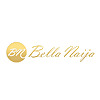 2 days ago
1
2 days ago
1


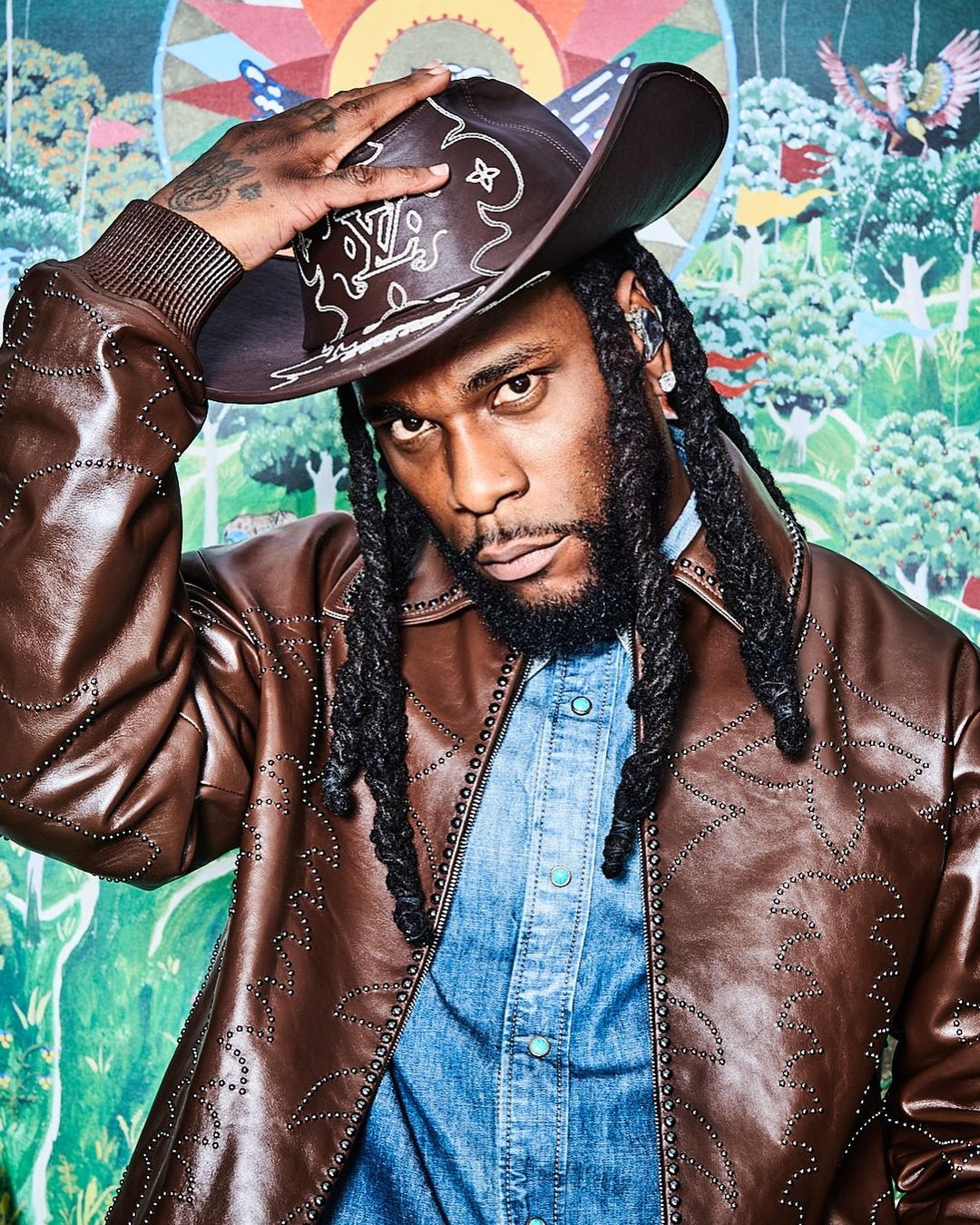
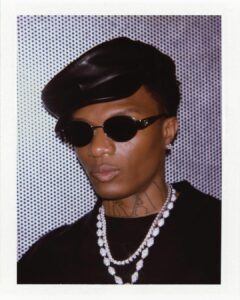
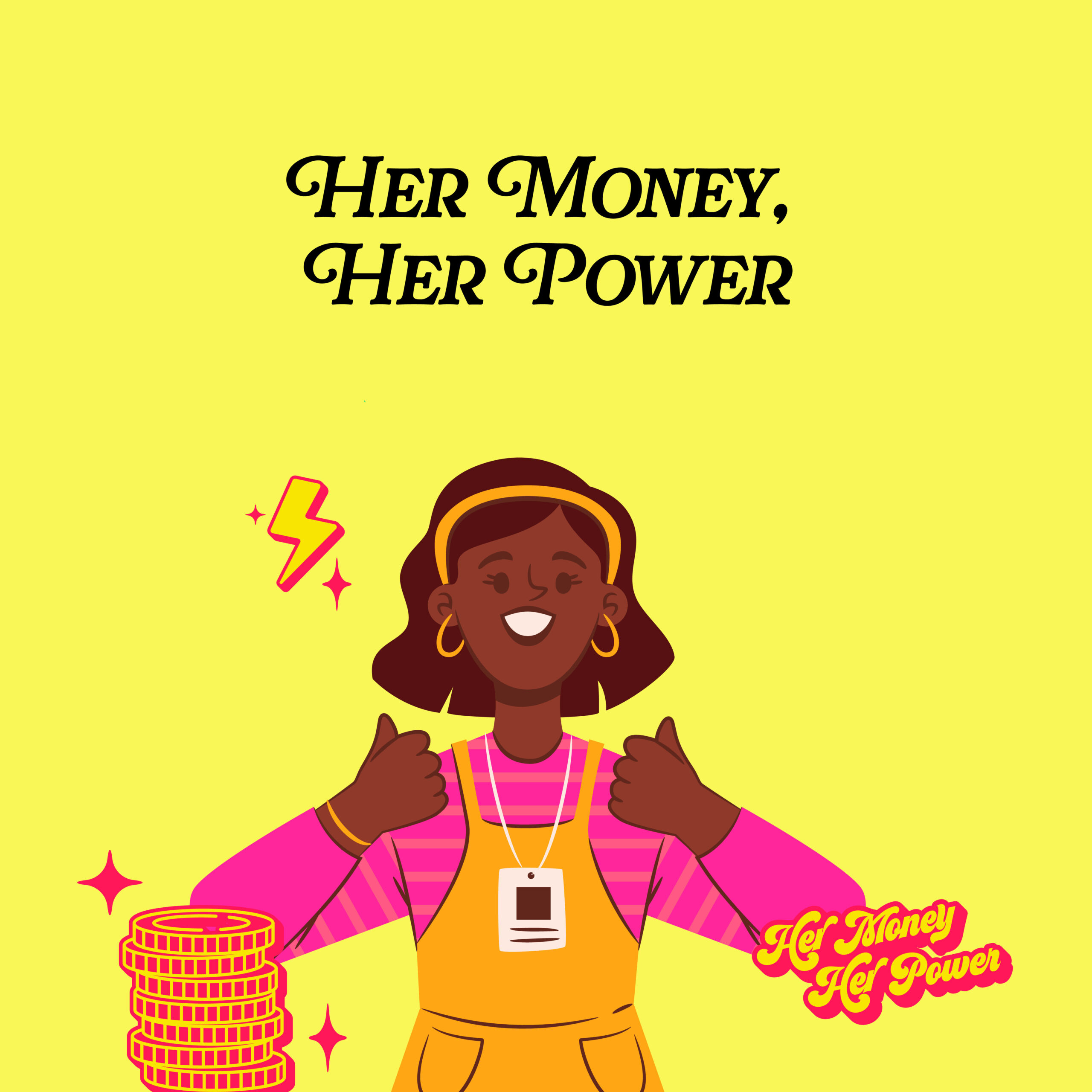
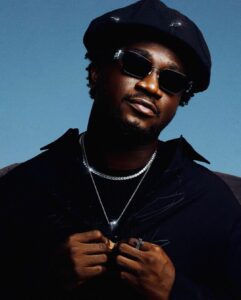
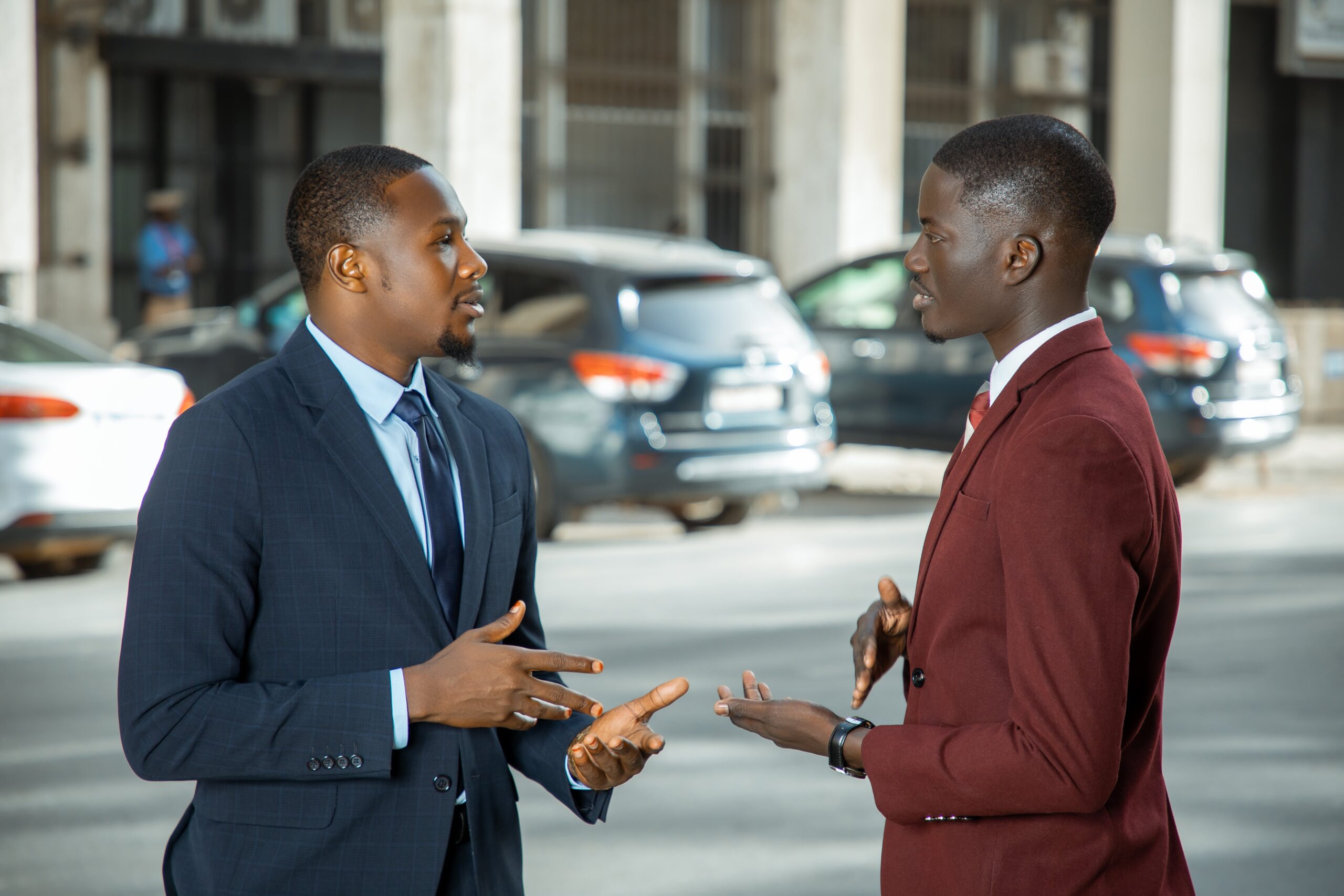

.png)









 English (US) ·
English (US) ·